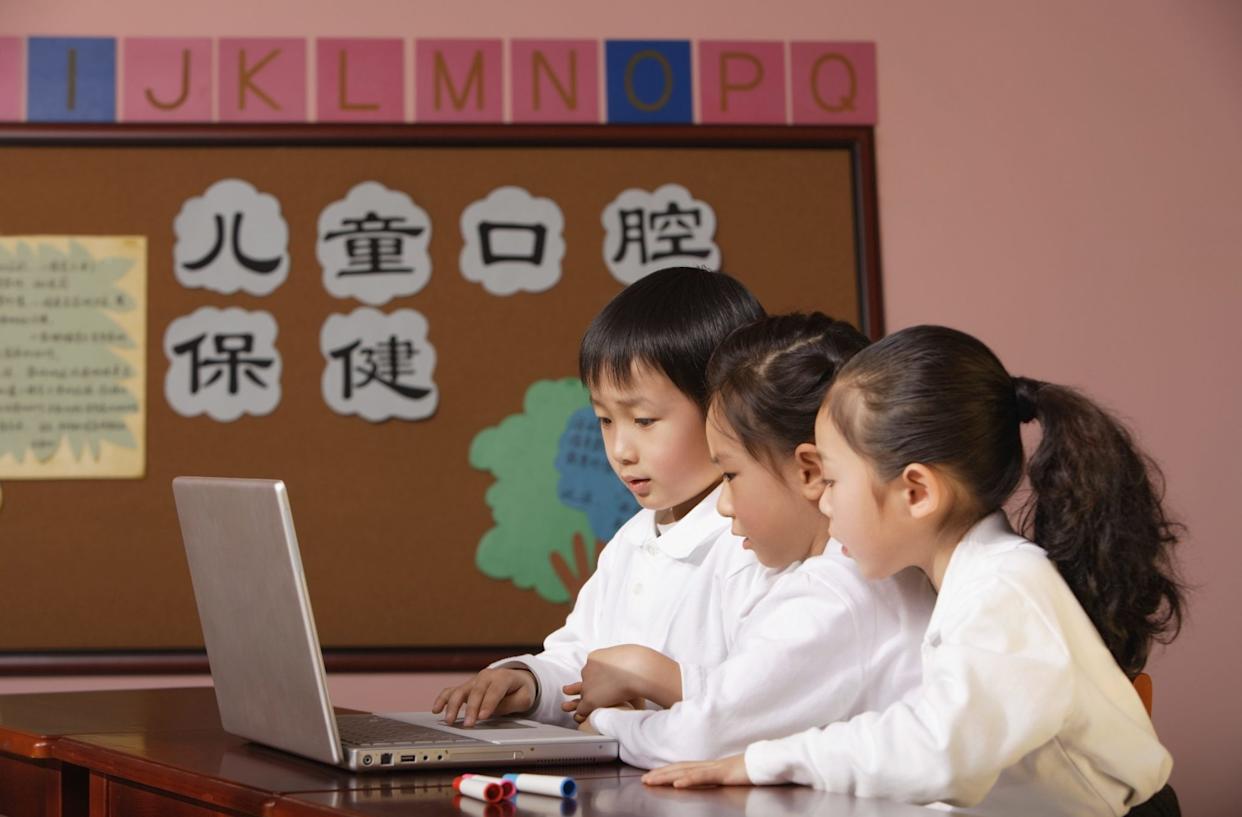China Makes AI Education Mandatory for 6-Year-Olds: Building the Future Today
In a groundbreaking move, China has announced that starting September 1, artificial intelligence (AI) will be a mandatory subject for children as young as six. As part of their core curriculum, young students will be introduced to AI concepts, coding, and problem-solving—laying the foundation for a future driven by technology. This strategic decision reflects China’s vision of becoming a global leader in AI innovation. By nurturing tech literacy from an early age, the country is not just preparing its youth for the jobs of tomorrow, it’s actively shaping the future. While many nations are still debating AI ethics and accessibility, China is already investing in the next generation of creators and engineers. It's a bold reminder: the future doesn’t wait—it’s built by those who prepare for it today.
CHINAAINEWS
Thrivevision
4/10/20252 min read


In a move that is turning heads globally, China has announced that starting September 1, artificial intelligence (AI) will become a mandatory subject for children as young as six. This decision, part of a broader initiative to strengthen the nation’s technological foundation, signals a bold leap toward the future—one where tech literacy isn’t just a skill, but a core competency from the earliest stages of education.
As part of the new core curriculum, students will begin learning AI concepts, coding, machine logic, and basic problem-solving techniques. These lessons won’t just be theoretical; children will engage in interactive activities designed to foster creativity, critical thinking, and a practical understanding of how intelligent systems work.
This isn't just about preparing students for jobs that don’t yet exist—it's about shaping the very creators of those future roles.
Why It Matters
China has made no secret of its ambition to become a global leader in AI innovation. From smart cities and autonomous vehicles to deep learning and robotics, the country is already investing heavily in AI infrastructure and research. However, this new policy moves beyond investment in technology—it invests in people, especially the young minds who will carry the baton into the future.
At a time when many countries are still wrestling with questions around AI ethics, regulation, and educational inclusion, China is taking proactive steps to ensure that its next generation doesn’t just consume technology—they create it.
A Competitive Edge
With over 80M+ monthly views, the world is watching this development closely. Parents, educators, and tech leaders globally are starting to ask a critical question: Are we doing enough to prepare our children for a future defined by AI?
By starting early, Chinese students will likely have a significant edge in future global job markets. They'll be equipped not only with knowledge but with a mindset of innovation and adaptability—skills that are vital in a rapidly evolving world.
What Other Countries Can Learn
This initiative serves as a wake-up call. It's a reminder that while debates and discussions around the risks and responsibilities of AI are important, action is even more critical. Waiting on perfect policies or ideal frameworks may result in falling behind in the tech race.
Countries that hesitate risk becoming users of foreign-built technology rather than contributors to its development.
Final Thoughts
China's decision to embed AI in its education system reflects a visionary approach to national growth. It's not just about dominating a sector; it's about creating a culture of curiosity, innovation, and readiness.
The future doesn’t wait—it belongs to those who prepare for it today.
Inspiration
Explore success stories and motivational journeys today.
Growth
Vision
© 2025. All rights reserved.
